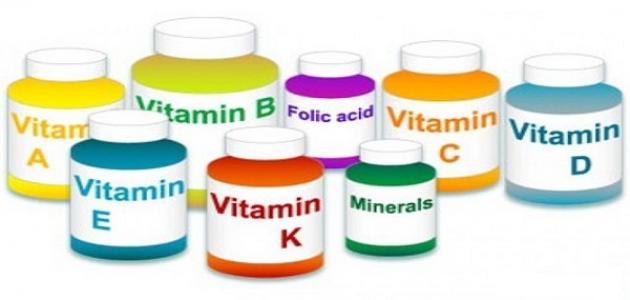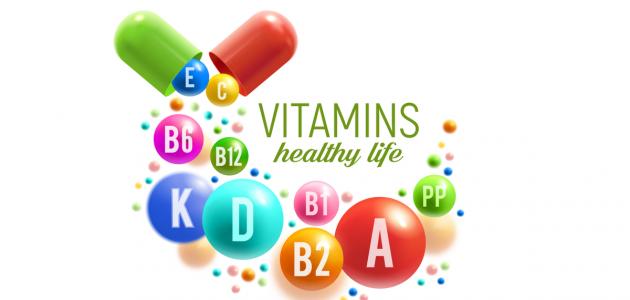Zinc
Zinc is known as zinc or zinc, and it is a metallic chemical element, whose chemical symbol is Zn, and its atomic number is 30, and it is the first element in the twelfth group of the periodic table, and it is among the most abundant elements on the surface of the earth, and the United States of America, Asia, and Australia The most productive of it, and it must be noted that it plays a vital role in the human body, in order to maintain its safety and health, and in this article we will know more about it.
What is elemental zinc
Physical and chemical properties of zinc
- It is a bluish white metal, which is a rediculant.
- A solid element, except that at 150 ° C it is ductile and ductile.
- Anti-rust element.
- A low magnetic mineral.
- A metal that conducts electricity.
Uses of zinc
- It is used to galvanize iron.
- It enters in the manufacture of batteries of various types.
- It is used to manufacture the outer box for dry batteries.
- It is used in the manufacture of alloy plating and welding.
The importance of zinc for the human body
The human body needs zinc
A person needs 2-3 g of zinc, given that many organs of the human body secrete zinc naturally, such as the prostate gland, salivary gland, pancreas, and cells that participate in the activity of the immune system.
Sources of obtaining zinc
- Animal products, such as red meat and liver.
- Oysters and lobsters.
- Kale, and pumpkin seeds.
- Whole grains are like wheat.
- Nuts, such as almonds and peanuts.
- Oats.
- Beans, and beans.
- Sesame, and sunflower seeds.
Causes of zinc deficiency
- Incidence of liver disease resulting from heavy drinking of alcohol.
- Perform intestinal surgeries.
- Take chemotherapy for some diseases.
- Persistent injury to the digestive system.
- Acquired immunodeficiency disease.
Symptoms of zinc deficiency
- Delayed growth, and bone growth for those with a zinc deficiency is different.
- Loss of appetite, which generally affects weight, and causes diarrhea.
- Reduction of Blood pressure.
- Feeling depressed, and tired.
- Impaired and sometimes lost the sense of taste, smell, and vision.
- The appearance of white spots under the nails.
- Hair loss.
- Infections occur at the ends of the skin, the sides of the mouth, and the edges of the tongue.
- Dryness of the inner skin of the hands.
- Delayed wound healing.
- Anemia.
Benefits of zinc for the human body
- It boosts the protein responsible for regulating the production of immune system cells.
- It plays a big role in influencing the activity of more than 300 enzymes responsible for keeping the body in normal condition, such as growth-regulating enzymes, gene transcription, hormonal level, metabolism, and DNA.
- It treats acne, pimples, and is used to produce collagen, which is responsible for the regrowth of damaged or dead skin cells.
- It enhances the function of white blood cells, which reduces the possibility of various infections.
- Contributes to treat disorders of the prostate gland in men and protects against cancer.
- It is considered important for the pregnant woman, as it speeds up the growth process of the fetus, and is necessary for DNA work and repair.
- It protects the reproductive DNA found in sperm in males, thus enhancing their reproductive capacity.
- Reduces feelings of fatigue and fatigue.
- Controls sugar level in diabetics.
- It prevents cancer, especially prostate cancer. Because it contains antioxidants responsible for fighting free radicals causing cancer cells.
- It improves vision and protects against night blindness.
The disadvantages of taking high doses of elemental zinc
- Feeling sick and vomiting.
- Headache.
- Feeling of pain in the abdomen.
- Osteoporosis.
- Anemia.







